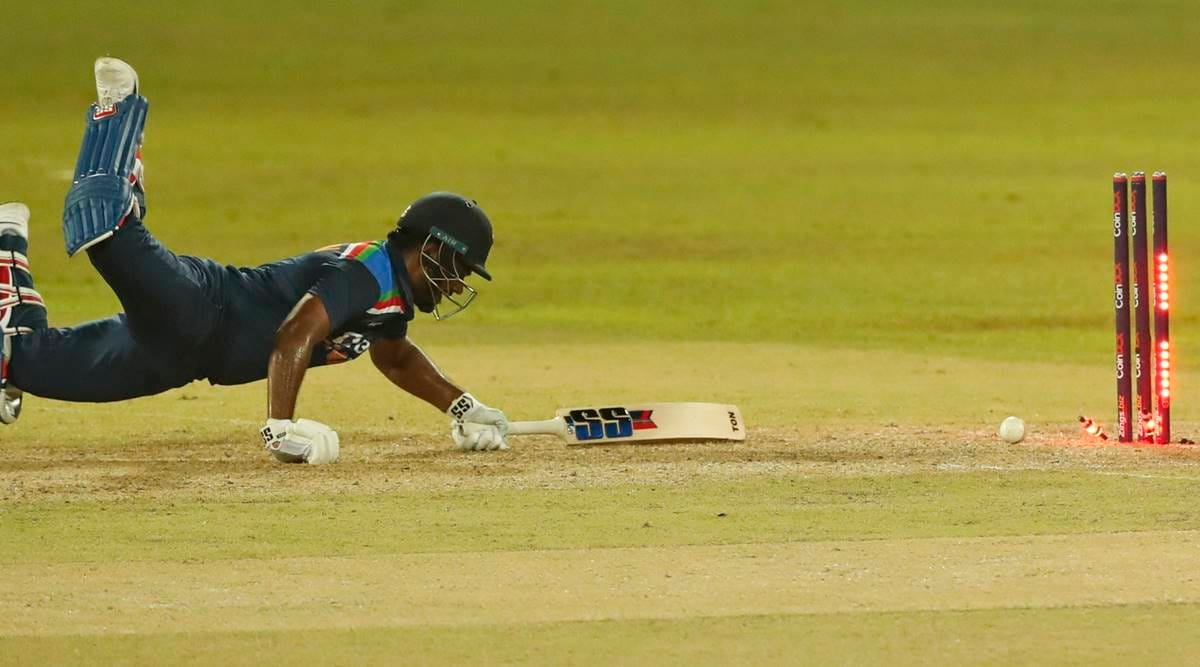
DAYTON: Girls are simply as inclined as males to vote in opposition to a coverage to scale back a gender pay hole if they’re personally benefiting from the established order.
This is without doubt one of the fundamental findings of my new examine, which was revealed in January 2021 within the journal Utilized Economics Letters.
I performed a collection of laboratory experiments by which I recruited individuals to do a 30-question quiz.
The individuals knew from the beginning that they’d be paid based mostly on the variety of questions they answered accurately.
In roughly half of the classes, the quiz was written in a strategy to give males a bonus.
I achieved this by selecting questions that have been primarily on matters that surveys present males are typically extra inquisitive about than girls, corresponding to sports activities and sure film genres.
The quiz for the opposite half of the classes have been designed in an identical strategy to give girls a bonus.
Within the model with a male bias, males answered a median of 21 questions accurately, whereas girls answered solely 13 proper.
This was meant to imitate the present real-world scenario by which males, on common, earn greater than girls.
The questions have been rigorously chosen in order that the quiz that favored girls had mirrored outcomes: the typical lady answered 21 accurately, the typical man simply 13.
3 times at completely different levels of the experiment individuals voted to both be paid USD 1 for each right reply or to offer the group that was at an obstacle a leg up.
If the second cost choice received the bulk vote, the deprived individuals would get USD 1.25 per proper reply, whereas those that benefited from the biased take a look at would obtain simply 85 cents.
In all three votes, which had comparable outcomes, I discovered that ladies have been really extra possible than males to vote in opposition to the coverage that will have led to a narrowing of the pay hole once they earned extra money within the quiz.
On common, 96.8 per cent of ladies’s votes have been in opposition to the proposed corrective cost coverage once they have been extra prone to accurately reply the questions, in contrast with 90.5 per cent of the lads’s votes once they had the sting.
As well as, when girls have been at an obstacle, they have been extra prone to vote in favour of the corrective coverage, with 79.5 per cent supporting it versus 73 per cent for the lads.
Whereas social science laboratory experiments like mine can’t totally seize each nuance, I imagine my qualitative outcomes are much like what we might discover in the true world.
Why it issues Debate over the gender pay hole can change into fairly heated.
The most recent knowledge from Pew Analysis Heart present girls make 84 cents on the greenback of what males earn — a spot that hasn’t modified a lot in recent times.
And surveys have discovered that males usually tend to oppose measures to right this hole and even query whether or not the hole exists within the first place.
A 2019 SurveyMonkey ballot confirmed that 46 per cent of males imagine the gender pay hole “is made as much as serve a political objective” reasonably than a “reliable challenge.”
My analysis suggests girls would possibly really feel the identical if the positions have been reversed.
Moreover, it means that males would additionally possible be equally vociferous in calling for a narrowing of the hole in the event that they discovered themselves in a world the place they have been holding the quick finish of the stick.
Ideally, I hope this analysis will lead individuals to reexamine the positions they maintain on points like this one and take into account how self-interest could also be driving their arguments.
Perhaps it might probably result in extra understanding and improve the main target in these debates on the accessible proof.
What’s subsequent In my present and future work, I search to experimentally decide individuals’s willingness to sacrifice private monetary features in favour of an consequence that they see as serving the frequent good.
This entails, for instance, testing how a lot earnings the typical worker or government is prepared to sacrifice to scale back earnings inequality.
This story was first revealed in The Dialog.









